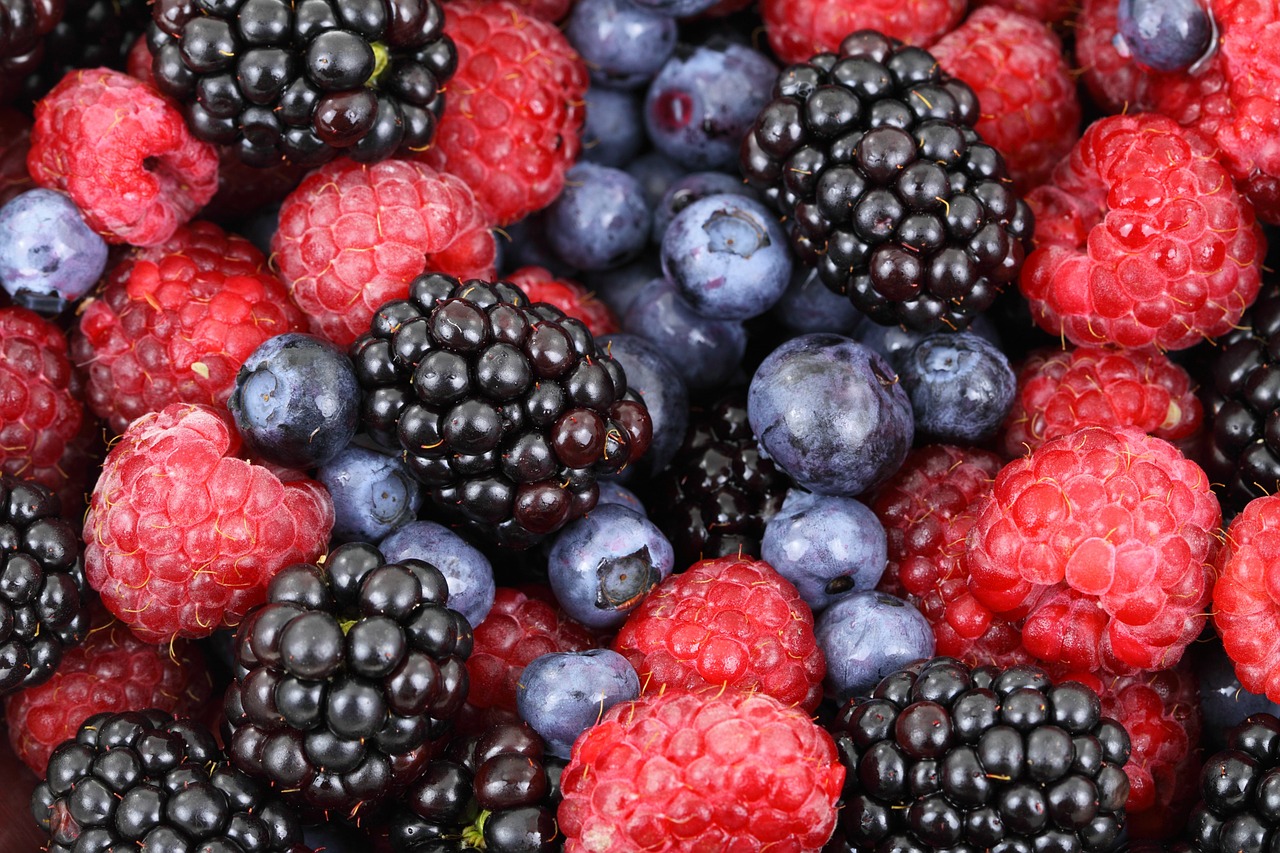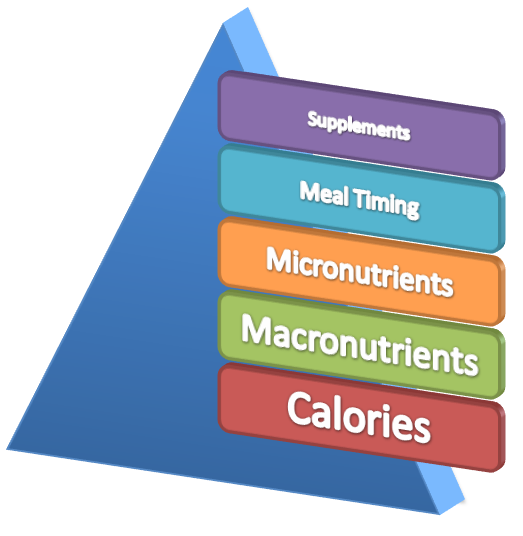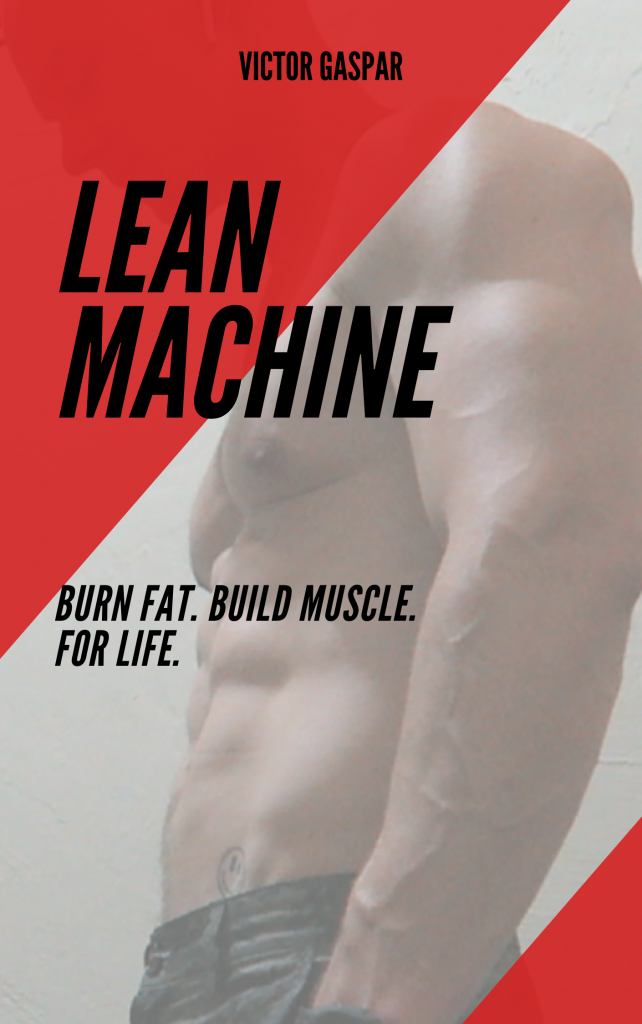
“Bread makes me gain weight like nothing else.”
I had this discussion recently with a guy who was telling me he gains weight whenever he indulges in a couple extra slices of bread. He was convinced that bread was a highly fattening food.
And it comes as no surprise. How many times have you heard the same thing on TV or read something similar in a health magazine? Bread and carbohydrates in general, have become synonymous with fat gain and ill health.
I proceeded to ask the guy what he eats his bread with and if he cuts down on other foods when eating more bread.
*Crickets chirping*
You see, 2 slices of bread have anywhere between 200-250 calories. That’s around 10% of the daily requirement for an average middle-aged male. Hardly a high-calorie food.
When people talk about carbs being fattening, they usually refer to foods like pizza, donuts, sandwiches, cakes, chocolate bars, etc. They don’t talk about the 100 calories in a slice of bread or the 30 calories in a handful of berries. They talk about the 1200 calories in the 3 slices of pizza they had for dinner the other day.
Yes, those foods contain carbs. But they’re also loaded with fat and a truckload of calories.
Whole food carbohydrate sources like fruit, potatoes, rice and, yes, even quality bread are not the problem. We’ve known that for decades (smart people knew this millennia ago).
But the wheels of marketing fortune keep turning and the industry keeps churning out misleading information to sell more product.
“But what about the gluten in bread and the insulin response after eating it?”
Not even worth talking about, unless you have gluten sensitivity or celiac disease. Matter of fact, for most people gluten is a non-issue.
Here’s what we really need to look into. What do you eat your bread with? Butter and cheese? Peanut butter and jelly? Fried eggs, 6 pieces of bacon and an avocado?
Now, if you add a loaf of bread to your daily diet without changing any other element of your routine you will absolutely gain weight. But it’s not because carbs are “bad” or because the evil gluten fairy has spiked your insulin levels.
It’s overconsumption.
It’s routinely eating more calories than your body burns. This causes weight gain. Not bread, not pork rinds, not carbs, not fat.
Listen here and listen good: No single food is inherently fattening. No single food makes you gain weight. This is simply not how it works.
I’ve gotten really lean eating a low-carb diet and I’ve gotten really lean eating a diet rich in carbohydrates. The common denominator here? Calorie control.
But what about meal timing? Is eating carbs late in the day the reason why you can’t get lean?
Why I eat more carbs at night
The notion that eating carbohydrates late in the day will make you look like a donut has been around for as long as I can remember. According to a lot of experts (experts schmexperts), eating carbs after 6 PM will cause you to store all of them as fat.

Let me tell you a little “secret” about how I got in the best condition of my life:
I ate a big dinner. Every day. Yupp.
And to this day, whether I try to gain or lose weight, I eat a large part of my daily calories, including carbs, at night.
And I do that for multiple reasons:
- It keeps my fresher/more alert throughout the day
- It allows for a “happy ending” every day
- It promotes relaxation and deep sleep
Dinner time is when most people slip up on their diets. You don’t see people pigging out at breakfast. Lunch is also rarely a splurge. But dinner… oh boy… better lock your fridge and hide the candy.
As if straight from an 80’s horror movie, the cravings come out after sundown.
And there are several psychological and physiological reasons for that. But I’m no behavioral scientist. I simply see things for what they are. Dieting or not, a large dinner is what most people default to.
And that’s not a problem in and of itself. But when you pile on a big dinner on top of your large breakfast, lunch and snacks, you got yourself a serious problem.
The reason is not the timing of meals. It’s the fact that most people don’t have the energy expenditure to warrant those frequent high-calorie feedings.
Eating too much, moving too little. The bane of modern man.
Stay hungry, if you want to avoid these pitfalls.
I never eat big meals during the day. I focus on the fundamentals – protein, fruit, coffee – while refueling at dinner. And since adopting this strategy, I remain fresher during the day and I sleep better at night.
Some people even argue that as a species we are inherently nocturnal (= nightly) eaters. I am not here to argue that point. I really don’t care about the specifics. What I do care about is looking damn good and performing even better. And this meal strategy helps me do both.
Now, eating a big dinner is in no way required to get lean. But it works very well with our inherent inclinations and social lives. You want to go out to dinner with your friends? Go ahead. Don’t let your diet keep you from enjoying the good things in life.
Too busy to eat proper meals at work? Stick to the basics. Have some protein and fruit/veggies for breakfast and lunch and enjoy a nice dinner when you get home. Make your diet work for instead of the other way around.
Nobody wants to go to bed hungry. And if you play your cards right, you don’t have to.
This is what’s making you fat
Carbs consumed in the context of a calorie-controlled diet won’t make you fat. And the timing of your meals hardly plays any role in the grand scheme of big bellies.
It’s not when or even what you eat (still very important), but how much.
Total calories will determine whether your scale goes up or down, whether your waist gets bigger or smaller and whether you fail or succeed on your fitness journey.

Take a look at the pyramid of nutritional hierarchy created by Eric Helms, Ph.D. Helms, one of the brightest minds in exercise and nutritional sciences, ranked different dietary elements in order of importance.
As far as weight management is concerned, calories reign supreme, followed by the macro- and micronutrition in your diet (= food sources). Meal timing has a comparatively small impact on physique success.
Bottom line: Focus on the fundamentals before micro-managing the details.
You won’t lose fat avoiding carbs. You won’t lose fat “eating clean”. And you won’t lose fat eating only one meal a day. You will only lose fat if you consistently eat fewer calories than your body burns.
It’s time you wake up and smell the coffee. And it’s time you get your priorities straight.
You have absolute control over your weight and appearance. What are you going to do with it?
Your turn.

Get your copy of LEAN MACHINE and uncover the secret science behind Physical Transformation.
Thank you for reading
Victor
Leave a Reply